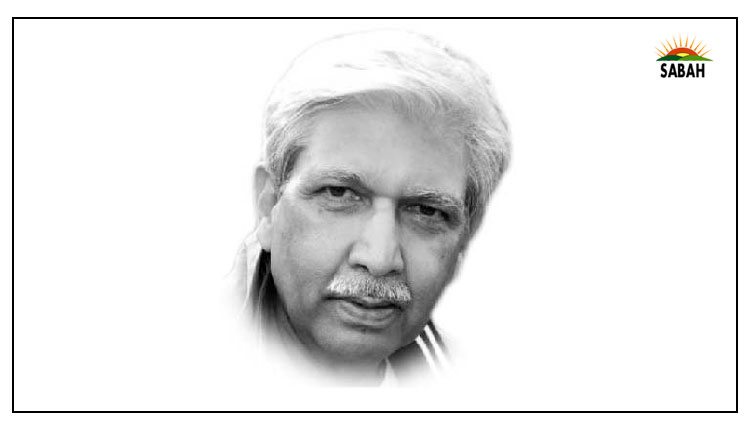Tough choices… Kamran Yousaf
US President Joe Biden last week hosted a three-day Democracy Summit. The first such summit was held in Washington in December 2021. Like on previous occasion, this time too Pakistan was among the countries invited by the US for the summit. But this time too Pakistan stayed away from the forum. Why did Pakistan skip the event despite its efforts to reset ties with the US? In December 2021, when Pakistan did not join Bidens initiative, the reason was that the relationship between Pakistan and the US was tense. Prime Minister Imran Khan was not happy with Biden not even making him a courtesy call. But the main reason was China. Pakistan opted out of the summit in 2021 to avoid any backlash from China, which was excluded from the summit while Taiwan was on the guest list.
But when the invitation was extended for the second summit, there were expectations that Pakistan might attend. Since the change of government in Pakistan a year ago, there has been a visible push by both sides to improve their mutual relationship. The two sides in recent months have had a number of exchanges. There were meetings between Foreign Minister Bialwal Bhutto Zardari and US Secretary of State Antony Blinken. After a gap of many years, the two sides have had a dialogue on defence, counterterrorism, energy cooperation and climate change issues.
Against this backdrop, the decision of Pakistan for not attending the summit was a surprise. The Foreign Office statement was an effort to cover up the actual reason behind Pakistans move.
We are thankful to the United States and the co-host countries for inviting Pakistan to attend the Second Summit for Democracy being held on 29-30 March, a statement read. The statement stressed that Pakistan values friendship with the United States. Under this Biden Administration, this relationship has widened and expanded substantially, adding, We remain committed to further solidifying this relationship for peace, stability, and prosperity in the region.
The statement went on to add that since Pakistan did not attend the first summit and now the process entered an advanced stage, Islamabad would engage on issues of democracy with the US bilaterally.
But all that was just meant for public consumption. The fact is that there were intense discussions before the final decision. China was the main reason behind Pakistan skipping the summit. It was a tough decision as the move to virtually snub Bidens offer can have serious implications at a time when Pakistan is desperately looking for the IMF bailout. The US role could be critical in ensuring the bailout is approved by the Washington-based lender. However, there is sense in Islamabad that despite apparent improvement in the relationship, the US is not willing to support Pakistan. If doling out cash was difficult, the US could have pushed the IMF to seal the deal with Pakistan. Washington may say it cant do much as discussions between the IMF and Pakistan were technical in nature, but the fact remains that the US has the say. It was because of the US and other western powers that Ukraine was able to secure a multibillion dollar IMF bailout package. In fact, the IMF had to relax rules to provide loans to a country that is at war.
On the other hand, China has kept Pakistans economy afloat. Had China not rolled over $4 billion, Pakistan would have gone bankrupt by now. Pakistan may still be pushing for a balanced approach maintaining ties with both China and the US but the situation is such that it may eventually push the country to side with Beijing. Pakistan has calculated that attending the democracy summit would have more disadvantages than advantages. As the IMF programme hangs in the balance, China is the only country which can bail Pakistan out. Therefore, it is not wise to antagonise China, officials here believe. That was the reason Pakistan stayed out of the summit. Will the gamble pay off?
Courtesy The Express Tribune












